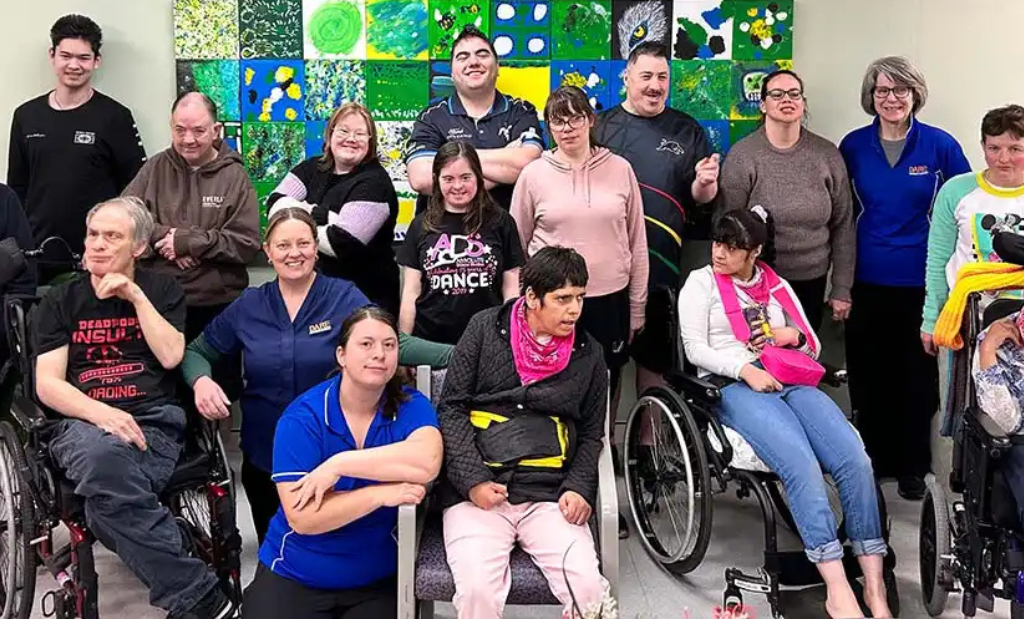Subtotal $0.00
Understanding Disabled Care
Disabled care is an important field in health care defined as the direct assistance and support given to people with disabilities that allow them to lead a dignified and independent life. It involves more than just taking care of a person’s physical needs; it includes emotional, social, and psychological support, making sure that not only is someone’s disability taken care of, but also it should integrate into respect and meaningful contributions to the life of that person in society.
Concerning Disability Care
Sometimes, in this pace of life given, we forget the need of some individuals for specialized care because of being differently-abled; but the fact is that those with any kind of physical and/or intellectual as well as emotional disability do not deserve any less of a standard of living than anyone else. And, disability care is such that it creates an environment for honest welfare and living above survival.
Disabled care primary goal is to give the users with disabilities the supporting system for them to perform their daily activities, maintain their health, and lead a fuller life. The needs for such support are varied from simple activities, such as bathing and dressing, to high complexity needs where an individual may need special medical attention or emotional counseling. The correct delivery of care can enhance significantly in the quality of life for these individuals, inculcating in them a spirit of independence and self-confidence.
Types of Disability Care
- Personal care : This is personal care for the disabled-related activities and needs such as hygiene, feeding, turning, toileting, or movement transfer.
- Medical Care : This includes help with managing medications, keeping an eye on health issues, and giving specialized attention for certain disabilities. Trained caregivers or healthcare workers often handle medications and follow doctors’ orders.
- Psychosocial Support : Beyond physical care, people with disabilities may also need emotional support. This could be therapy, counseling, or just companionship. Mental health is crucial for overall well-being, and caregiving should include ways to help with emotional strength.
- Respite Care : For family members or main caregivers, respite care offers a much-needed break. These providers ensure that the person with a disability continues to receive good care while caregivers recharge.
Nanny Live-In Care for Disabled Individuals
One specific type of care is nanny live-in care, where a trained caregiver stays with the person with a disability to provide constant support. This is especially helpful for families who can’t manage caregiving on their own. Live-in nannies not only assist with physical tasks but also build a connection with the person they care for. They become part of the family, offering comfort and companionship that goes beyond standard care.
The Role of Education in Disability Care
Education is vital in improving service delivery within the area of care for persons with disabilities. Institutions like the Mother Teresa Nanny Academy in Chandigarh and Mother Teresa Academy in Mohali are setting high standards for teaching caregiving. These institutions not only nurture students but also equip them with special skills to work in the disability sector.
The Mother Teresa Nanny Academy gives professional training to people interested in a career in caregiving. This academy endows a person with knowledge and skills to provide excellent care for the disabled. From understanding the needs of a child with physical disabilities to elderly care, such institutions ensure caregivers are prepared to take on these assignments.
The Mother Teresa Nobles Academy Senior Secondary School also fosters academic learning alongside compassion and care. These values are essential to offering proper disabled care; of course, that means developing empathy, kindness, and patience-an attitude indispensable to caregiving.
Furthermore, Mother Teresa Nursery and Primary School seeds the concept of helping others in children and fosters early empathy. Such education can be instrumental for the long-run in shaping an inclusive society cognizant of, and ready to bear, the crossroads of life faced by people with disabilities.
The Best Care Comes Out of Understanding
Disability care has never been a one-size-fits-all service. It is all about understanding the client’s needs and modifying an already existing care plan for them. The best care-givers show understanding and flexibility toward any case- be it aiding with an aged relative, a special-need child, or somebody with a physical or mental disability.
You can meet highly trained experts in Chandigarh and Mohali who are not only knowledgeable but truly passionate about enhancing the lives of the disabled through institutes such as the Best Mother Teresa Academy, Chandigarh. This ensures that quality care is made available for everyone in need, either through the professional care-giving agency or in-home care.
Conclusion
Disability care is a major approach in forming a humane society. When given proper care, through personal help, medical care, or psychological motivation, people with disabilities can have fulfilling lives. Institutions and programs like Mother Teresa Academy, Mohali, and Mother Teresa Nanny Academy are working towards developing an able set of caregivers committed to giving the best care to everyone in need. And it is not just a foundation of getting their prima facie needs served—it is about engendering an atmosphere where disabled persons really do blossom and live life to the fullest.




